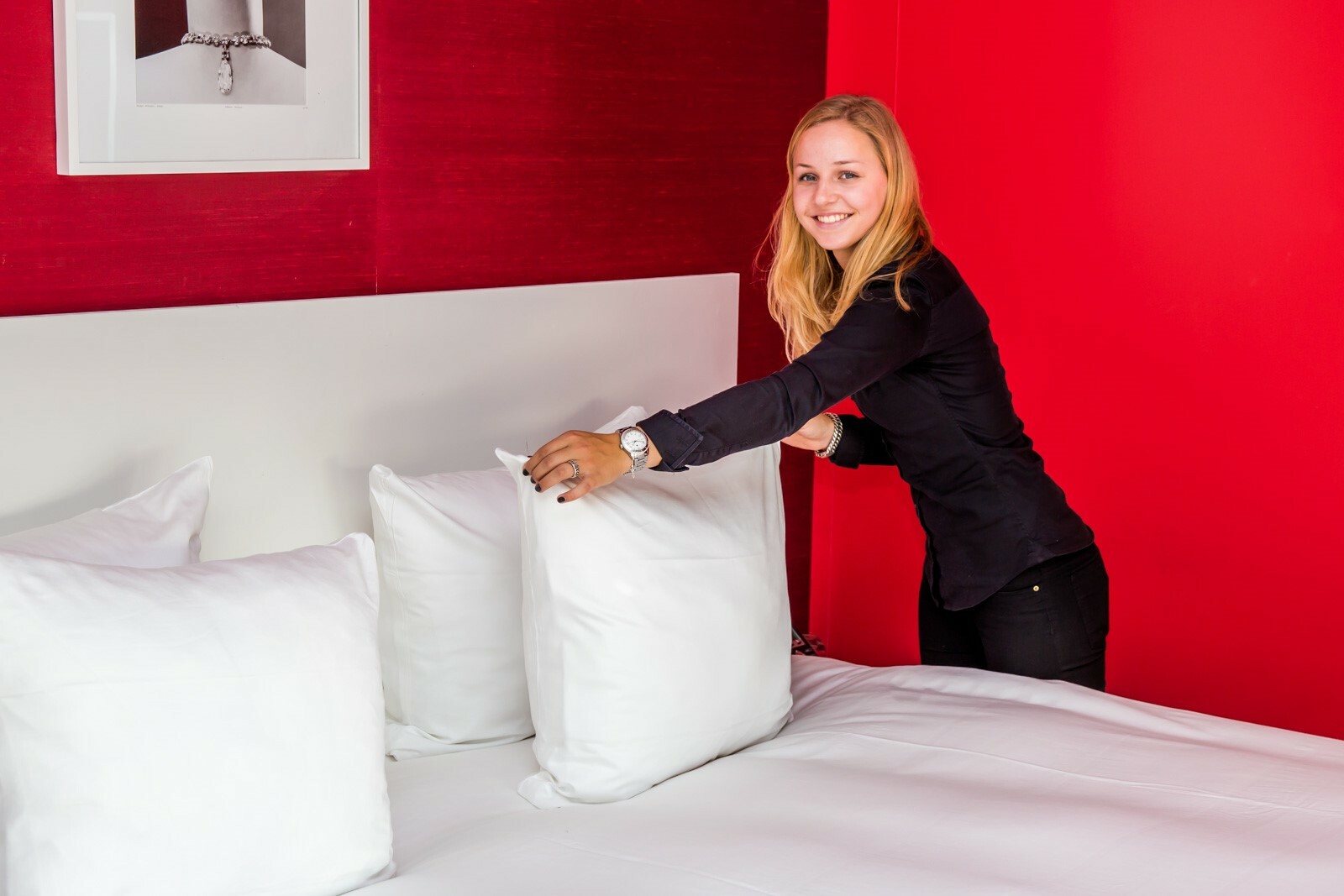KHN Curaçao leidt samenwerking om controles in de horeca te verbeteren
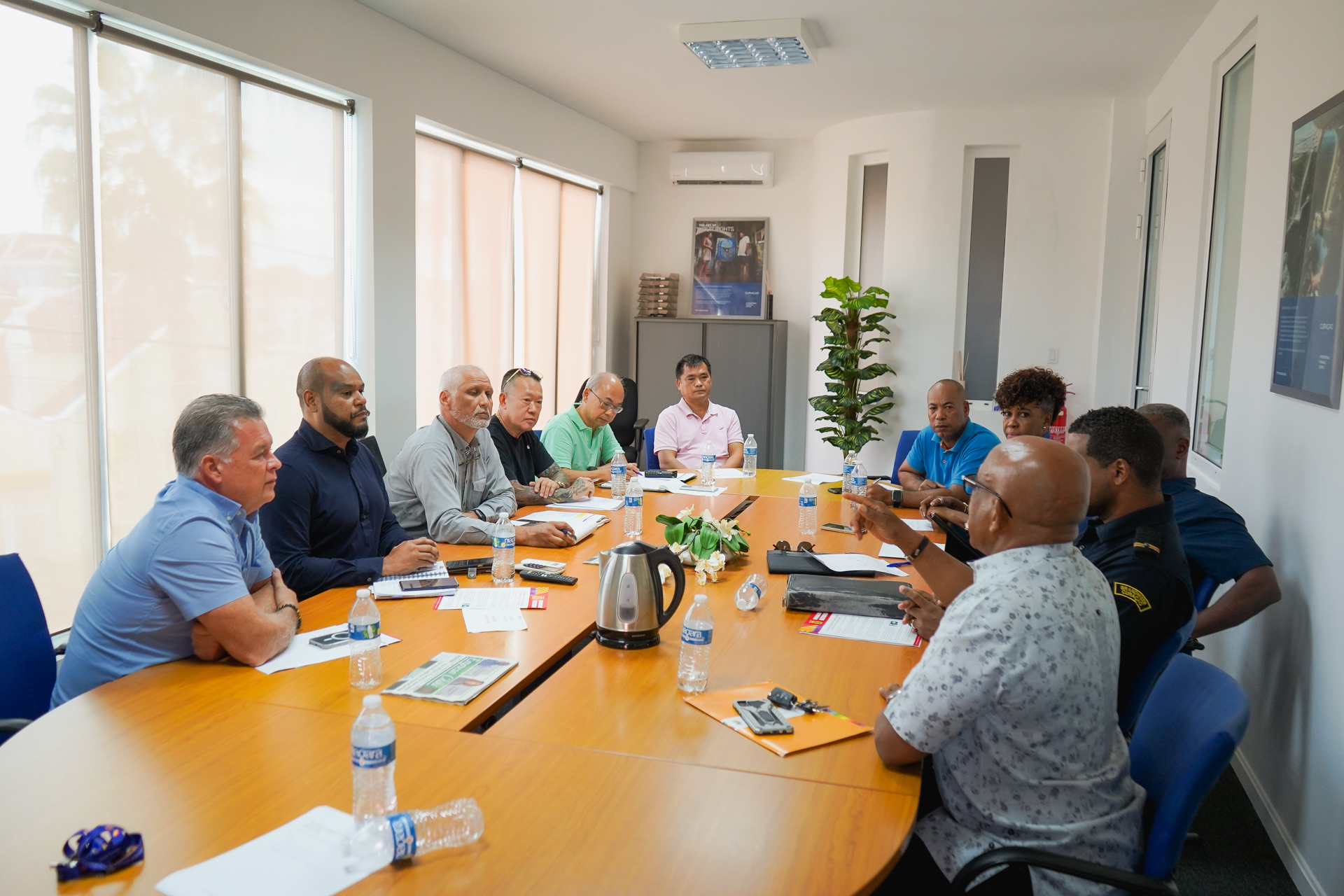
Hoewel het belang van deze controles wordt erkend, zijn KHN Curacao en CBA van mening dat de uitvoering ervan verbeterd kan worden. Tijdens de vergadering is besloten om gezamenlijk te werken aan een gestructureerde aanpak die niet alleen aan de regelgeving voldoet, maar ook de belangen van alle betrokken partijen respecteert.
Enkele belangrijke punten die tijdens deze meeting besproken werden zijn o.a.
- Controles en checklijst van overheidswege
Uit het overleg met het multidisciplinaire team gaf de heer Ronny Cornelis (MEO) dat voor de horeca de samenstelling van GMN en Brandweer belangrijk is om te controleren op hygiëne en of het restaurant voldoet aan de algemene voorwaarden voor restaurant vergunningen. Hiervoor zijn checklijsten beschikbaar, zie onderaan dit bericht. Voor GMN is er een inspectieformulier horeca, waarbij de eerste punten het zwaarst wegen. De brandweer controleert opslag, afzuigkappen, gaskranen, brandblussers (er zijn maar een paar gecertificeerde bedrijven op Curaçao; Catis NV, Safety and Fire Equipment BV, Agnesi en Linda Gas). - Voedsel en veiligheid hygiëne trainingen
Als je met voedsel en drinken werkt, is veiligheid van groot belang. Als ondernemer ben je er verantwoordelijk voor dat iedereen binnen je bedrijf volgens de regels werkt. Denk hierbij aan de volgende aspecten om hygiëne te waarborgen in de horeca: ontwerp, constructie en gebruik van voedselruimten en -apparatuur; reiniging en desinfectie; duurzame ongediertebestrijding en schoonmaakprogramma; afvalverwerking; persoonlijke hygiëne; besmettingsgevaren en controle; temperaturen controleren, verifiëren en registreren.
De controles zijn geïntensiveerd door GMN waar met name gelet wordt op a-hygiënische toestanden in de horeca. Te denken valt aan aangekoekt vet, ongedierte, vieze snijplanken etc. Het is van groot belang dat ondernemers, managers en werknemers in de horeca op Curaçao, zoals restaurants, hotels, catering, cafés, bars, fastfoodrestaurants, afhaalrestaurants, keukens, ziekenhuizen en personen die zich bezighouden met voedselveiligheidssystemen trainingen volgen op het gebied van voedsel en veiligheid hygiëne trainingen. KHN Curaçao faciliteert een training voedselveiligheid – in samenwerking met SHSC. Voor meer informatie zie KHN | Training voedselveiligheid - SHSC.
Het multidisciplinaire team heeft in het bijzonder ook de afgevaardigden van de Chinese Business Association (CBA) hierop gewezen en dat ook voor hen geldt dat zij trainingen en de hygiëneregels dienen na te leven. - Wijze waarop de horecaondernemers worden benaderd door het multidisciplinaire team van MEO tijdens de inspectie en de impact hiervan op de gasten in de horecagelegenheden.
Wij hebben ook de manier waarop horecaondernemers worden bejegend door het multidisciplinaire team (handhaving) aan de orde gesteld. Wij hebben duidelijk aangegeven dat de leden van KHN Curacao niet tegen controle zijn, maar de manier waarop en het tijdstip waarop dit gebeurd kan beter. Waar het multidisciplinaire team tegen aanloopt is dat de horecamedewerkers bij een inval de controle vertragen of niet de (horeca)vergunningen op locatie hebben in een map, waardoor de controle niet effectief en efficiënt kan verlopen.
Het is van essentieel belang dat je ervoor zorgt dat alle benodigde documenten (bijvoorbeeld horecavergunning; douanevergunning; hindervergunning; directeursvergunning; geldige GGD-kaarten, vestigingsvergunning; aanwezig zijn om een soepel proces te faciliteren.
Let op dat wanneer je e.e.a. niet op orde hebt en na twee keer het horecabedrijf gesloten gaan ze over tot het intrekken van de horecavergunningen. Een ander voorbeeld is dat er alcohol werd geschonken aan jongeren onder de 16 jaar. Als horecaondernemer is het jouw verantwoordelijkheid om dit te controleren.Bij een inspectie raden wij je aan kalm en beheerst te blijven. Het kan nuttig zijn om te informeren naar de teamleider van het multidisciplinaire team en te vragen naar de volledige voor- en achternaam. Daarnaast zou het nuttig zijn om te vragen naar de samenstelling van het team, inclusief vertegenwoordigers van MEO, KPC, Douane, Brandweer, GMN en SBAB.
- Overeengekomen afspraken:
Tijdstip controle uren
Voor wat betreft het tijdstip van de controles heeft het multidisciplinaire team (THZ) toegezegd zo min mogelijk tijdens de piekuren, eind van de maand of in de weekenden te controleren. Dit zijn de momenten waarbij de horecaondernemers omzet draaien. Er is afgesproken dat de controles vanaf 11am zullen plaatsvinden tussen 4 en 8 uur pm.
Omgangsvormen met horecaondernemers
Alvorens het THZ-team binnenkomt lopen wordt door de teamleider de vertegenwoordiger van de horecagelegenheid aangegeven dat ze binnen komen voor inspectie. Een vertegenwoordiger van KHN Curaçao gaat meelopen ter observatie
Publicatie namen horeca bij sluiting vanwege de A-hygiëne en horecavergunning niet op orde
Omdat het publiceren van de namen van de horecagelegenheden imagoschade kan toebrengen en de privacy in het geding kan komen, is er afgesproken dat dit niet meer zal gebeuren. Periodiek gaan wij op deze punten evalueren met het multidisciplinaire team (THZ- Technische hygiënezorg).
“Door samen te werken kunnen we ervoor zorgen dat de controles op een effectieve en eerlijke manier worden uitgevoerd. Het is van essentieel belang dat we allemaal bijdragen aan een veilige en gezonde omgeving voor zowel consumenten als ondernemers."
Download hier de Brandweervoorwaarde, deel 1
Download hier de Brandweervoorwaarde, deel 2
------
ENG
KHN Curaçao held an important meeting on October 31 with various interested parties, including MEO, GMN, Fire Department and CBA (Chinese Business Association), to discuss the government's recently increased activities regarding inspections in the catering industry.
While the importance of these controls is recognized, KHN Curacao and CBA believe that their implementation can be improved. During the meeting it was decided to work together on a structured approach that not only complies with regulations, but also respects the interests of all parties involved.
Some important points discussed during this meeting include:
Government checks and checklist
From the consultation with the multidisciplinary team, Mr Ronny Cornelis (MEO) indicated that the composition of GMN and Fire Department is important for the catering industry to check hygiene and whether the restaurant meets the general conditions for restaurant permits. Checklists are available for this, see at the bottom of this message. There is a catering inspection form for GMN, in which the first points carry the most weight. The fire brigade checks storage, extractor hoods, gas taps, fire extinguishers (there are only a few certified companies in Curaçao; Catis NV, Safety and Fire Equipment BV, Agnesi and Linda Gas).
Food and safety hygiene training
When you work with food and drinks, safety is of great importance. As an entrepreneur, you are responsible for ensuring that everyone within your company works according to the rules. Consider the following aspects to ensure hygiene in the catering industry: design, construction and use of food areas and equipment; cleaning and disinfection; sustainable pest control and cleaning program; waste processing; personal hygiene; contamination hazards and control; check, verify and record temperatures.
Inspections have been intensified by GMN, where particular attention is paid to unhygienic conditions in the catering industry. This includes caked on grease, vermin, dirty cutting boards, etc. It is very important that entrepreneurs, managers and employees in the catering industry on Curaçao, such as restaurants, hotels, catering, cafes, bars, fast food restaurants, takeaway restaurants, kitchens, hospitals and people those involved in food safety systems follow training in the field of food safety and hygiene training. KHN Curaçao facilitates food safety training – in collaboration with SHSC. For more information see KHN | Food Safety Training - SHSC.
In particular, the multidisciplinary team has also pointed out this to the delegates of the Chinese Business Association (CBA) and that they must also comply with training and hygiene rules.
How catering entrepreneurs are approached by the MEO multidisciplinary team during the inspection and the impact of this on the guests in the catering establishments.
We also raised the issue of the way in which catering entrepreneurs are treated by the multidisciplinary team (enforcement). We listened to various voice messages in which we addressed the tone and approach. We have clearly indicated that the members of KHN Curaçao are not against control, but the way and time in which this happened could be different. What the multidisciplinary team encounters is that the catering staff delay the inspection during a raid or do not have the (catering) permits on location, which means that the inspection cannot be carried out effectively and efficiently.
It is essential that you ensure that all necessary documents (e.g. catering permit; customs permit; nuisance permit; director's permit; establishment permit) are present to facilitate a smooth process.
Please note that if you do not have everything in order (read papers and are contrary to the law), they will revoke the catering permits. Another example is that alcohol was served to young people under the age of 16. As a catering entrepreneur, it is your responsibility to check this.
During an inspection we recommend that you remain calm and collected. It may be useful to inquire about the team leader of the multidisciplinary team and ask for the full first and last name. In addition, it would be useful to ask about the composition of the team, including representatives from MEO, SOAW, Fire Department, GMN, SVB and SBAB.
Agreed agreements:
Time of inspection hours
With regard to the timing of the checks, the multidisciplinary team (THZ) has promised to carry out as few checks as possible during peak hours, at the end of the month or on weekends. These are the moments when catering entrepreneurs generate turnover. It has been agreed that the checks will take place from 11am between 4 and 8pm.
Interactions with HORECA owners
Before the THZ team enters, the team leader indicates to the catering facility representative that they are coming in for an inspection. A representative of KHN Curaçao will follow along for observation
Publication of names of HORECA establishments when closed due to A hygiene and catering permit not in order
Because publishing the names of HORECA establishments can damage image and compromise privacy, it has been agreed that this will not happen again. We will periodically evaluate these points with the multidisciplinary team (THZ - Technical hygiene care).
“By working together we can ensure that controls are carried out in an effective and fair manner. It is essential that we all contribute to a safe and healthy environment for both consumers and entrepreneurs."
Koninklijke Horeca Nederland,
Vijzelmolenlaan 10-12, 3447 GX, Woerden
Bel ons0348 48 94 89
Mail onsinfo@khn.nl
Vergelijkbare artikelen
Meest recent
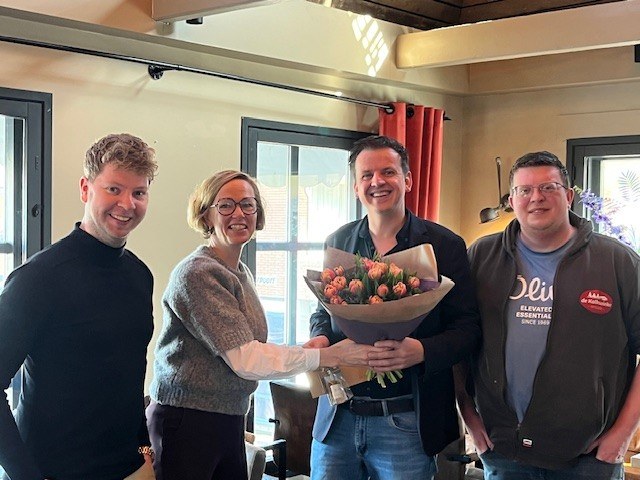
Afscheid Berrie Lammers als voorzitter lokale horeca KHN Hardenberg
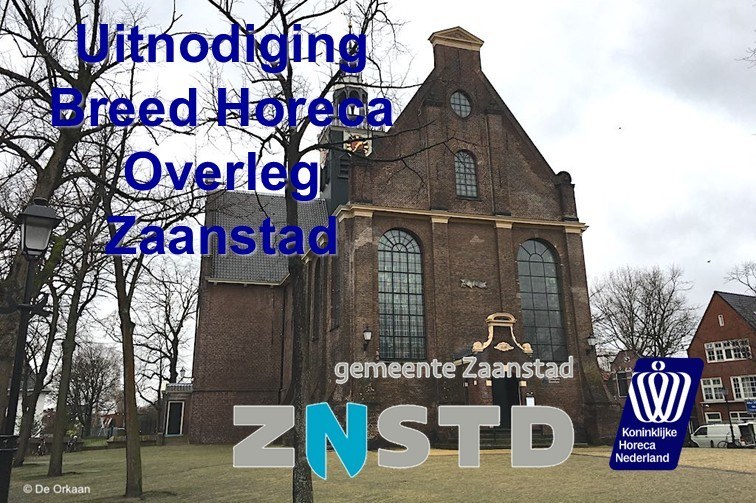
Breed Horeca Overleg Zaanstad op 11 maart 10.00 uur bij de Bullekerk
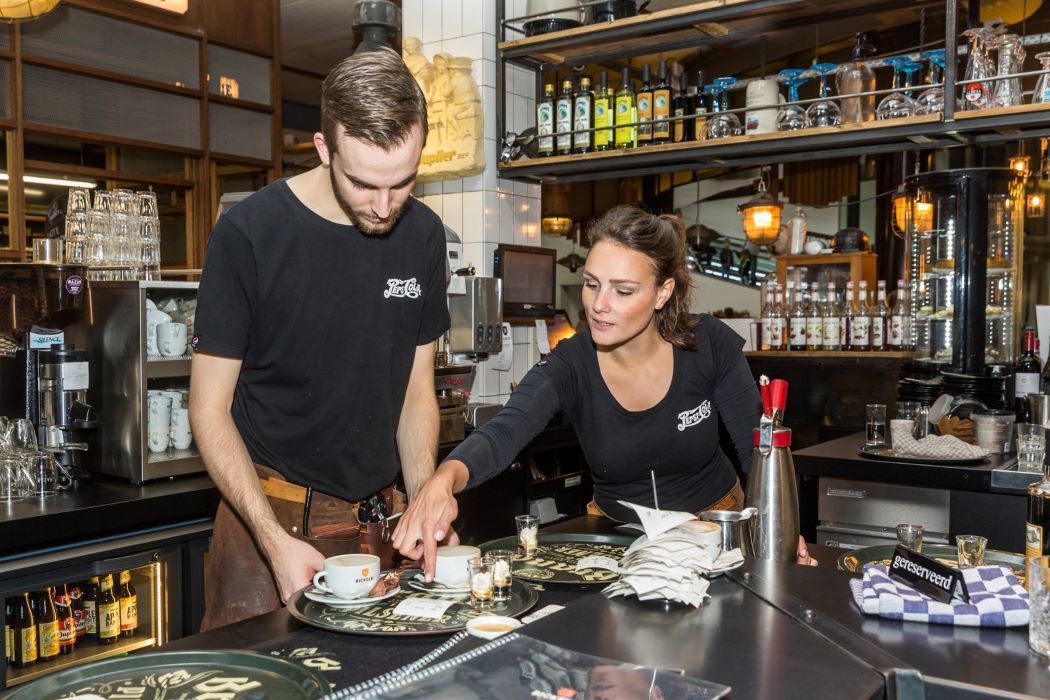
Rouleer Café Heerenveen maandag 9 maart 2026

De Richtlijn loontransparantie komt eraan: dit moet je als werkgever weten
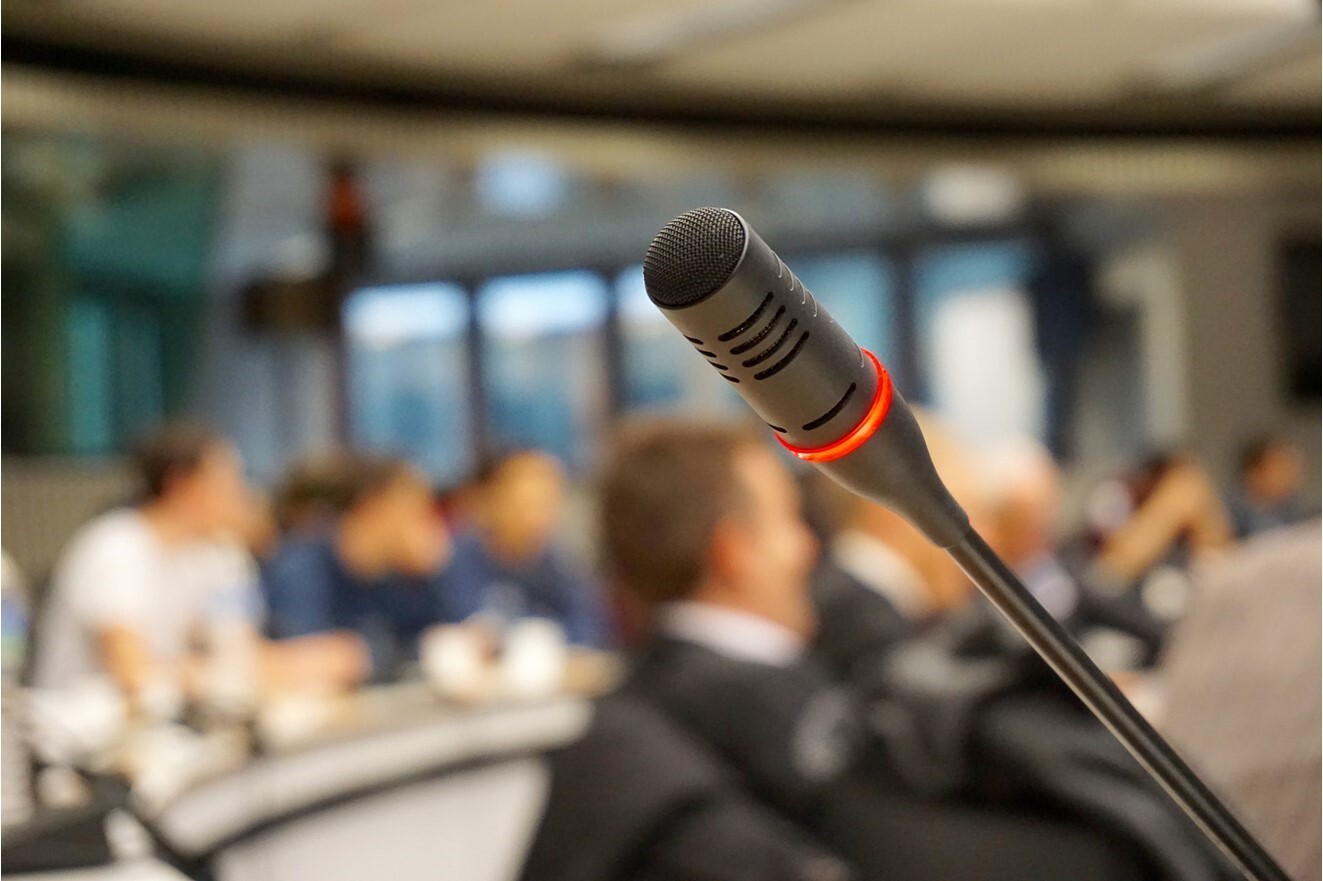
Grote opkomst verwacht Verkiezingsdebat en presentatie van de Amsterdam City Index
